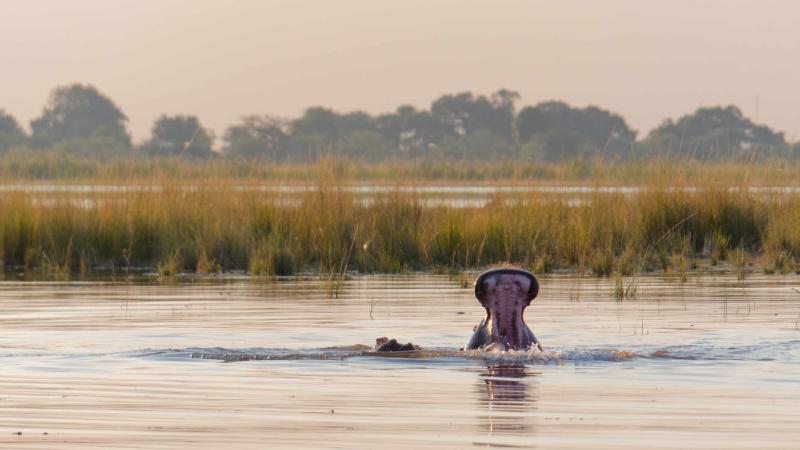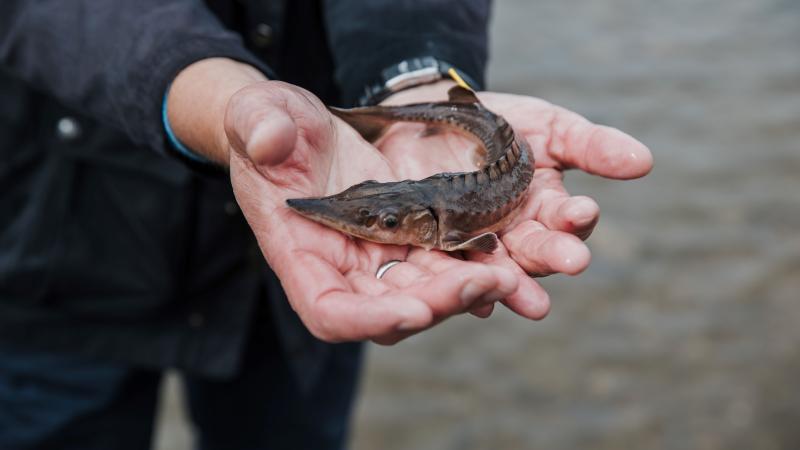
Jonathan Jeschke has been conducting research at both the Leibniz-Institute of Freshwater Ecology and Inland Fisheries (IGB) and Freie Universität Berlin (FU) since 2014. | Photo: David Ausserhofer
Professor Dr. Jonathan Jeschke has passed the five-year “Heisenberg test”, and has now been appointed to a permanent professorship. He embarked on his research into biological invasions with his Ecological Novelty research group at both the Leibniz-Institute of Freshwater Ecology and Inland Fisheries (IGB) and Freie Universität Berlin (FU) in 2014. The Heisenberg professorship, funded by the German Research Foundation (DFG), also came with the self-set task of fostering integrative biodiversity research, and of strengthening such research in Berlin and Brandenburg.
Jeschke therefore teamed up with colleagues at the Berlin-Brandenburg Institute of Advanced Biodiversity Research (BBIB) to work towards bringing together research disciplines that are usually explored separately from each other, as well as combining spatial scales and biological systems in biodiversity research. In the IGB Research Domain Aquatic Biodiversity, of which he is Speaker, Jeschke identifies measures to allow for a better protection of species diversity in and along fresh waters. In 2015, Jeschke’s research group set up the Invasion Dynamics Network (InDyNet) in which scientists from Berlin and Brandenburg – and all over the world – jointly study the temporal dynamics of biological invasions and their impacts. At Freie Universität Berlin, Jeschke teaches courses on topics such as global change and evolutionary ecology.
Professor Jeschke’s field of research: Ecology in the Anthropocene
Ecological novelty is an umbrella term for unprecedented, human-mediated changes at different ecological levels, from organisms and populations to communities, ecosystems and landscapes. Jonathan Jeschke and his team are investigating invasive species and other novel organisms, as well as their ecological and socio-economic impacts. One research focus are invasive crayfish such as the marbled crayfish, a species that the research group detected in Berlin’s lake Krumme Lanke in 2016.
Jeschke’s team also joined forces with Dr. Tina Heger from the University of Potsdam and other partners to develop an innovative research synthesis method for analysing the entire theory of invasion biology and comparing it with empirical data: hi-knowledge.org. A further objective is to create an interactive and openly available atlas of knowledge that allows users to visually explore the theory and empirical findings of biodiversity research.
Congratulations, Professor Jeschke – we are delighted to have you on board!







